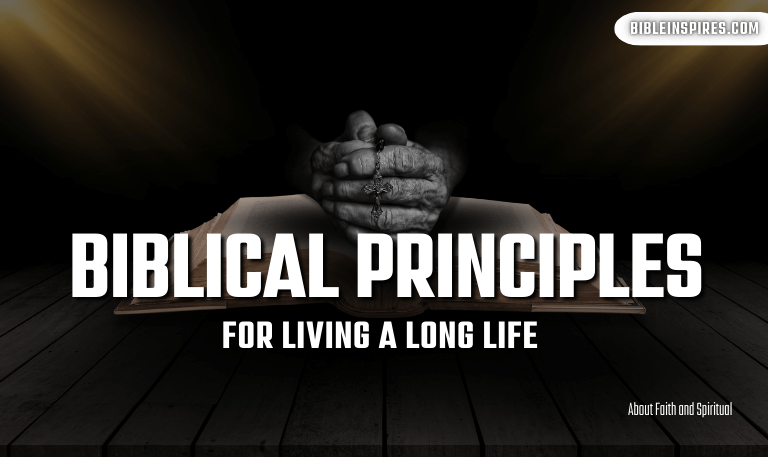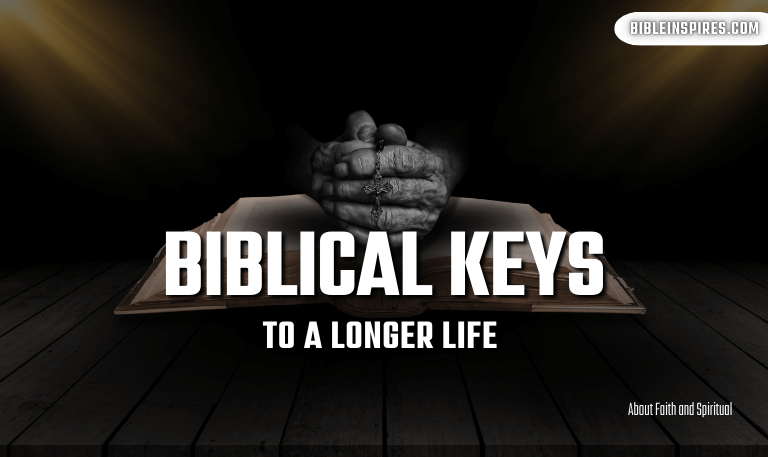The doctrine of the Trinity stands as one of the most fundamental and debated aspects of Christian theology. It asserts that God exists as three distinct persons—the Father, the Son (Jesus Christ), and the Holy Spirit—but is still one essence. Despite its profound importance in Christianity, many wonder: Is the Trinity in the Bible?
This article delves deeply into the question, providing a comprehensive analysis of the biblical evidence supporting the Trinity and examining the development of the doctrine over time. By the end of this guide, you’ll have a clear understanding of why the Trinity is an essential aspect of Christian faith and how it is rooted in scripture.
1. What is the Trinity?
The doctrine of the Trinity teaches that there is one God in three persons: God the Father, God the Son (Jesus Christ), and God the Holy Spirit. While they are distinct, they are of the same essence and nature, co-equal and co-eternal. This mystery of the divine three-in-one is central to Christian belief, shaping everything from salvation to worship practices.
Read Also: Jesus vs Buddha
Why the Trinity Matters in Christianity
The Trinity is not just a theological abstraction; it is essential for understanding the nature of God, His relationship to the world, and how Christians are to relate to Him. The Trinity informs key doctrines such as the incarnation of Christ, the work of salvation, and the role of the Holy Spirit in empowering believers.
2. Is the Word “Trinity” in the Bible?
It is crucial to recognize that while the term “Trinity” itself is not explicitly found in the Bible, the concept is deeply embedded in both the Old and New Testaments. The word “Trinity” is a theological term coined in the early centuries of Christian thought to summarize the Bible’s teaching about God’s nature.
Why Is “Trinity” Not Found in the Bible?
The Bible uses various terms such as “Father,” “Son,” and “Holy Spirit” to describe God, but it does not use the word “Trinity” because the full development of this theological concept emerged gradually as the church grappled with Scripture’s teachings about God.
3. The Old Testament and Hints of the Trinity
Although the explicit doctrine of the Trinity is not revealed in the Old Testament, there are several passages that hint at the triune nature of God.
Genesis 1:26 – “Let Us Make Man in Our Image”
In the creation account, God says, “Let us make man in our image, after our likeness.” The plural language suggests a conversation within the Godhead, pointing toward a multi-personal God even in the beginning.
Theophanies and Appearances of God
Throughout the Old Testament, there are instances where God appears in multiple forms, such as in the visitation of the three men to Abraham (Genesis 18). These are seen by many as early reflections of the triune nature of God.
The Spirit of God
The Spirit of God appears frequently in the Old Testament as a force acting on God’s behalf. In Genesis 1:2, the Spirit is said to be “hovering over the waters,” indicating the active role of the Spirit in creation.
4. New Testament Evidence for the Trinity
The New Testament provides much clearer evidence for the doctrine of the Trinity, particularly through the life and teachings of Jesus Christ.
The Baptism of Jesus: Father, Son, and Holy Spirit
In Matthew 3:16-17, at the baptism of Jesus, we see all three persons of the Trinity present. Jesus (the Son) is baptized, the Holy Spirit descends like a dove, and the Father speaks from heaven, saying, “This is my beloved Son, with whom I am well pleased.”
Jesus’ Teachings on the Trinity
In John 14-16, Jesus explicitly mentions the relationship between Himself, the Father, and the Holy Spirit. He promises that the Father will send the Holy Spirit to be with His disciples after His departure, creating a dynamic of mutual indwelling.
The Pauline Epistles and the Trinity
Paul frequently mentions all three persons of the Trinity in his letters. In 2 Corinthians 13:14, he offers a benediction that affirms the relationship between the Father, Son, and Holy Spirit: “The grace of the Lord Jesus Christ, and the love of God, and the fellowship of the Holy Spirit, be with you all.”
Read Also: Torah vs Old Testament
5. Key Passages Supporting the Trinity
Several passages in the Bible clearly support the doctrine of the Trinity, demonstrating that God is one in essence but three in persons.
Matthew 28:19: The Great Commission
One of the most powerful Trinitarian verses is Matthew 28:19, where Jesus commands His followers to baptize in the name of the Father, the Son, and the Holy Spirit. This passage affirms the equality and unity of the three persons of the Trinity.
John 14-16: The Relationship Between Father, Son, and Holy Spirit
In these chapters, Jesus speaks of the unity and distinction between the Father, Son, and Holy Spirit. He teaches about the Holy Spirit’s coming as a Comforter, indicating the ongoing interaction between all three persons of the Trinity.
2 Corinthians 13:14: A Trinitarian Benediction
This verse is often cited as a clear Trinitarian formula. Paul’s blessing invokes the three persons: the grace of the Son, the love of the Father, and the fellowship of the Holy Spirit.
6. Misconceptions About the Trinity
The Trinity as Polytheism
Some critics argue that the Trinity suggests belief in three gods, but Christianity is strictly monotheistic. The Trinity teaches that there is one God in three persons, not three gods.
The Trinity as Modalism
Modalism teaches that God is one person who reveals Himself in different modes (Father, Son, and Holy Spirit). However, the Bible teaches that the Father, Son, and Holy Spirit are distinct persons who coexist eternally.
7. Theological Implications of the Trinity
Trinity and Salvation
Understanding the Trinity is essential for understanding salvation. The Father sends the Son for redemption, the Son accomplishes the work of salvation, and the Holy Spirit applies this work to believers’ lives.
Trinity and Christian Worship
Christian worship is Trinitarian in nature. When Christians pray or worship, they do so through Jesus Christ (the Son), empowered by the Holy Spirit, and they address God the Father. This reflects the relational dynamic of the Trinity.
Read Also: Evangelical vs Catholic
8. The History of the Trinity Doctrine
The doctrine of the Trinity was formally developed over the first few centuries of Christian history, as the early church sought to define and clarify what the Bible teaches about the nature of God.
The Early Church and the Development of the Trinity
Early church fathers, such as Tertullian and Athanasius, played crucial roles in articulating the doctrine of the Trinity, responding to heresies like Arianism, which denied the full deity of Christ.
The Council of Nicaea and the Trinity
In 325 AD, the Council of Nicaea affirmed the full divinity of Jesus Christ, co-equal with the Father. This was a pivotal moment in the establishment of the doctrine of the Trinity.
9. The Trinity in Christian Creeds and Confessions
The Nicene Creed
The Nicene Creed (325 AD) affirms the doctrine of the Trinity, stating that Jesus Christ is “consubstantial with the Father” and that the Holy Spirit proceeds from both the Father and the Son.
The Athanasian Creed
The Athanasian Creed, written in the 5th century, gives a clear and thorough explanation of the doctrine of the Trinity, affirming both the unity and distinction of the Father, Son, and Holy Spirit.
10. The Trinity and Other Religions
The Trinity in Judaism
Judaism rejects the Trinity, maintaining a strict monotheism that emphasizes the oneness of God.
Read Also: Methodist vs Presbyterian
The Trinity in Islam
Islam also rejects the Trinity, viewing it as a form of polytheism. The Quran emphasizes the oneness of God (Tawhid) and does not acknowledge the divinity of Jesus or the existence of the Holy Spirit as distinct persons.
Is the Trinity in the Bible FAQs
Q: Is the word “Trinity” in the Bible?
A: No, the word “Trinity” is not found in the Bible, but the concept is deeply embedded in both the Old and New Testaments.
Q: What does the Trinity teach about God?
A: The Trinity teaches that God is one in essence but exists in three distinct persons: Father, Son, and Holy Spirit.
Q: Why is the Trinity important for Christians?
A: The Trinity is foundational to understanding Christian salvation, worship, and the nature of God’s revelation to humanity.
Conclusion
The Trinity is not explicitly mentioned by name in the Bible, but its foundational truth is clearly revealed through scripture. The Father, Son, and Holy Spirit are distinct persons, yet united in essence, and this mystery of the Triune God is central to the Christian faith. The development of the doctrine over centuries, guided by Scripture and church councils, has shaped how Christians understand and worship God today.
![Is the Trinity in the Bible? Biblical Evidence [2025 Guide] 1 Is-the-Trinity-in-the-Bible-Biblical-Evidence-[2025-Guide]](https://bibleinspires.com/wp-content/uploads/2025/06/Is-the-Trinity-in-the-Bible-Biblical-Evidence-2025-Guide.png)
![How to Forgive According to the Bible [2025 Guide] 3 How-to-Forgive-According-to-the-Bible-[2025-Guide]](https://bibleinspires.com/wp-content/uploads/2025/04/How-to-Forgive-According-to-the-Bible-2025-Guide.png)

